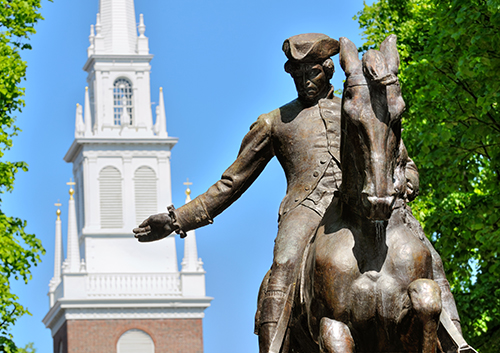Facial Trauma
May 5th, 2021

We do our best to plan for our health. We eat right, we exercise, we see our doctors and dentists for regular checkups. But despite our best efforts, we can’t plan for accidents. A bike rider’s encounter with a pothole can mean a broken jaw. A clumsy elbow knocks out a basketball player’s tooth. A car collision leaves the driver with fractured facial bones and lacerations.
These are all very different injuries, but they are all considered facial trauma. When you are the victim of an accident, it’s always important to get the best treatment as quickly as possible. That’s why, if you should ever find yourself in the emergency room with facial trauma, it’s a very good idea to ask for a consultation with an oral and maxillofacial surgeon like Dr. Robert Farber, Dr. Corey Farber, Dr. Harry Morris, Dr. Henry Bryan, and Dr. Mark Isler.
Oral and maxillofacial surgeons are trained specifically in the treatment of facial traumas. They have a minimum of four years of surgical education in a hospital-based residency program. They train with medical residents, and focus on studies in general surgery, anesthesiology, internal medicine, plastic surgery, and otolaryngology (the study of the ear, nose, and throat), among other fields of specialty.
Because their training is centered on the face, mouth, and jaw, these surgeons are experts in diagnosing and treating the complex interrelationship of these structures. Let’s look at our unfortunate cyclist, for example.
A broken jaw involves bone, muscle, ligaments, and teeth. Bones need to fit back together properly; the joint that connects the jawbones needs to function smoothly; and not just the jaw, but the teeth need to be back in alignment. Because they know just how these structures must work together, oral surgeons are experts in restoring function after facial trauma.
But treating facial trauma involves more than restoring functionality. Oral and maxillofacial surgeons are also concerned with restoring the patient’s appearance for both physical and psychological healing. Oral surgeons are extensively trained in techniques to reduce scarring and to maintain the balance and symmetry of facial features.
If you suffer facial trauma, an oral and maxillofacial surgeon has the specific knowledge and training to provide you with the very best treatment for your injuries. Oral surgeons are also, because of their wide-ranging experience, able to discover even difficult-to-detect injuries, putting you on the fastest track to recovery. Their medical expertise includes the treatment of:
- Injuries to the teeth and surrounding bone and tissue
An injury to the mouth can lead to a lost or displaced tooth and damage to the bones and tissues surrounding it.
If a tooth is knocked out, reimplantation can be successful if it takes place promptly—after 30 to 60 minutes, the odds of successful reimplantation go down. Oral surgeons are also trained to discover and treat any injuries or fractures to the alveolar bone which contains the tooth sockets.
- Bone injuries
An accident can cause broken or fractured bones anywhere on the face. Oral and maxillary surgeons work with bones in the upper and lower jaws, around the eyes and nose, and in the cheeks and forehead. Just like a broken arm, fractured facial bones must be put back in place and stabilized. Unlike a broken arm, injuries to the facial bones cannot be treated with a plaster or fiberglass cast.
Depending on the nature of the fracture, treatment can involve letting the bones “rest” to heal in place, or placing screws and plates or wiring to keep the bones in their proper positions while they heal. Your surgeon will know if your injuries should be treated surgically or non-surgically, and whether reconstructive surgery might be necessary.
- Soft tissue and special tissue injuries
Accidents can damage more than tooth and bone. When facial lacerations occur, an oral surgeon is skilled at making sure that any necessary suturing is done with an eye toward the best cosmetic outcome. Intra-oral lacerations might mean not only attention to delicate gum tissue, but treatment of the salivary glands and ducts. Facial trauma can also affect the nerves around the eyes, face, and mouth, which require expert diagnosis and treatment in case of injury.
You can’t plan for facial trauma, but you can make sure to involve Dr. Robert Farber, Dr. Corey Farber, Dr. Harry Morris, Dr. Henry Bryan, and Dr. Mark Isler as possible. If you or a family member suffers a facial injury, don’t be reluctant to ask for a consultation at our Dearborn office as part of your treatment.




 Website Powered by Sesame 24-7™
Website Powered by Sesame 24-7™